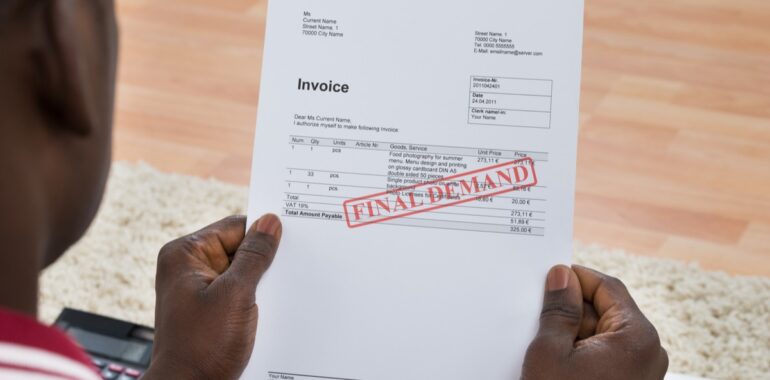Foreclosure is a legal process by which a lender takes possession of collateral pledged to secure a loan. Because it is a complex legal action, and because there are few resources for homeowners, vehicle owners, and other borrowers to research precisely how a foreclosure works, being involved in such an ordeal can be both stressful and confusing. Like all legal disputes, the excellent news is foreclosure cases must allow the borrower to state their case. There are numerous ways for borrowers to protect themselves, many of which are guaranteed under federal and state laws.
Common Defenses
Some of the most common defenses to foreclosure include:
•the foreclosing bank didn't follow the required state procedures
•the foreclosing party can't prove it owns the loan (it lacks "standing")
•the mortgage servicer made a grave mistake when handling your loan
•you're a servicemember on active duty and protected by the Servicemembers Civil Relief Act
•the statute of limitations has passed, and
•the servicer used a defective affidavit or declaration.
If you are involved in a foreclosure, here are some things to consider.
The Time Factor
Because of the mandated notice lenders must provide to borrowers before they can legally take possession of the collateral, foreclosing on a home, a vehicle, or land is by no means a quick and simple act. Lenders must file a Notice of Default which begins a phase called the reinstatement period. Roughly 12 weeks later, a lender is required to post a Notice of Sale on the property and deliver the same to the borrower.
Generally speaking, this three-month window is a borrower's opportunity to bring their loan current and avoid the sale of their property.
Judicial Foreclosure
Some states require the involvement of a court during the foreclosure process in much the same way the federal government requires bankruptcies to be subject to the jurisdiction of a federal judge. In states where judicial foreclosure is mandated, borrowers have the opportunity to state their case opposing the sale of their home in a hearing before a judge.
Like all litigation, a foreclosure case is subject to the orderly processes of the court, which means a defendant borrower has the same compulsory process as the lender. Motions can be filed. Evidence can be presented, and the actions of the lender can be contested at each step.
Auctions
During the normal course of a foreclosure, the property in question usually ends up being auctioned off by the lender to recover the property's value and pay off the loan. Auctions typically take place shortly after the reinstatement period ends. By and large, if your foreclosure reaches the auction phase, it is probably too late to save the property.
One option all property owners have before the auction is negotiating with the lender to perform something called a "short sale." This can have some significant tax ramifications, but it also gives you the option to plan for the sale of your home rather than have everything proceed according to the lender's schedule.
If you are facing foreclosure, your best options are to consult with a real estate attorney and then negotiate with your lender. Most banks and finance companies will make many concessions if it helps them avoid acquiring a house, they have to either sell or maintain.
It is also important to recognize you have alternatives and time to avoid an unfortunate outcome. Take your time, perform your due diligence and use the options available to you.
Free Consultation
Need assistance? Schedule an appointment today. Call us at 855-768-8845.






